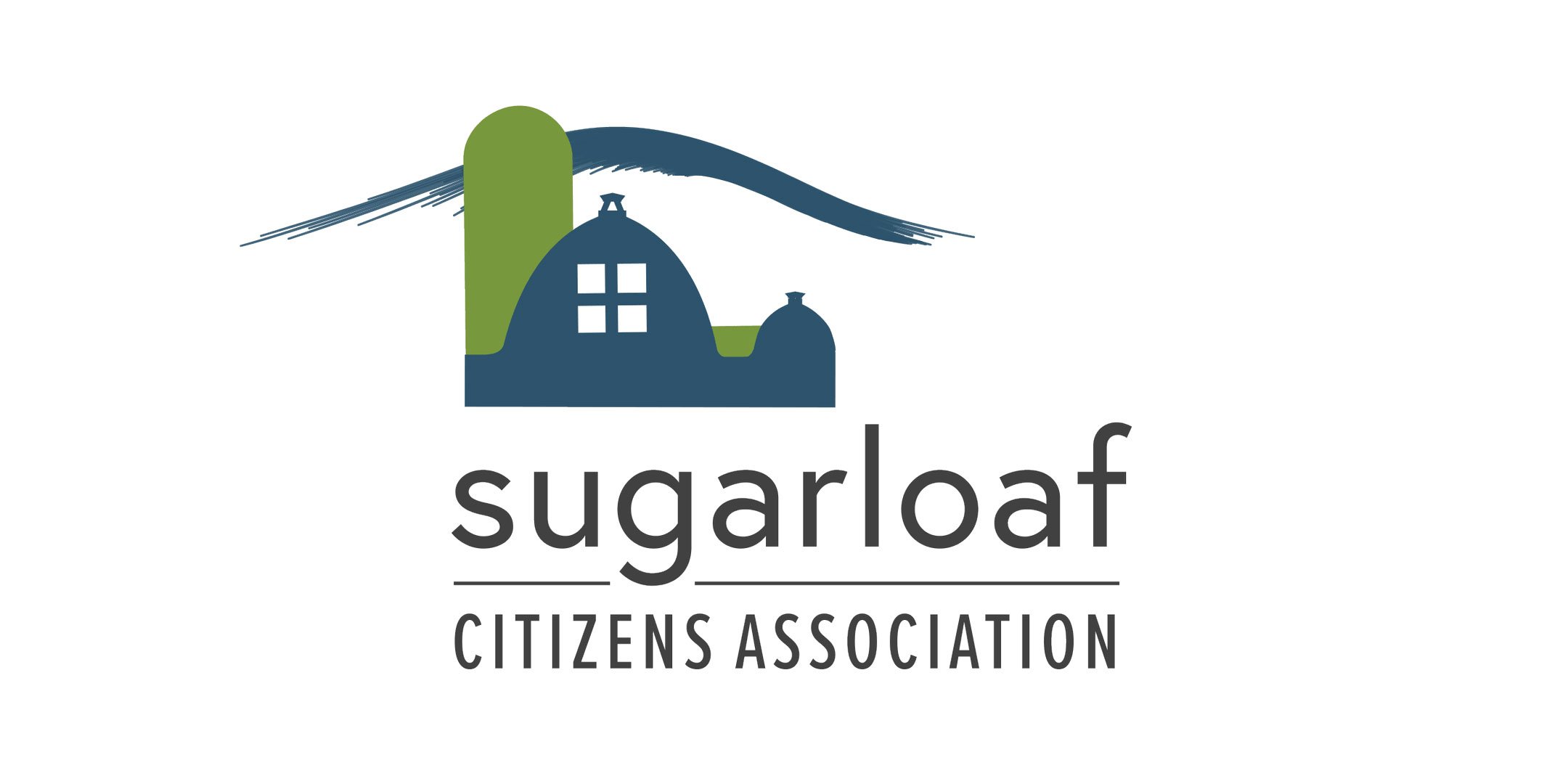PATH Transmission Lines
APPLICATION WITHDRAWN!
Due to the efforts of citizens in all three affected states, this unnecessary line will not be built. Without citizen opposition, the PATH project would already be under construction and PMJ would have not run the tests that have proved the absence of need.
Based on analysis conducted in 2007, the PJM Board approved a 765 kV line between the existing Amos substation in West Virginia and the proposed Kemptown substation in Maryland. Subsequent analysis extended the “required in-service date” by which the line was needed to resolve reliability violations to 2015.
As part of its 2011 RTEP, and in response to a request by a Virginia Hearing Examiner, PJM is conducting a series of analyses using the most current economic forecasts and Demand Response commitments, as well as potential new generation resources. Preliminary analysis reveals the expected reliability violations that necessitated PATH have moved several years into the future.
Based on these latest results, the Board has decided to hold the PATH project in abeyance in its 2011 RTEP. The Board further directs the sponsoring Transmission Owners to suspend current development efforts on the PATH project, subject to those activities necessary to maintain the project in its current state, while PJM conducts more rigorous analysis of the potential need for PATH as part of its continuing RTEP process. This action, however, does not, at this time, constitute a directive by PJM to the sponsoring Transmission Owners to cancel or abandon the PATH project.
PJM will complete this more rigorous analysis of the PATH project and other transmission requirements and then report the results to stakeholders when it is available. The Board will review this comprehensive analysis as part of its consideration of the 2011 Regional Transmission Expansion Plan.
Please click here for the notice of withdrawal.
SCA’s Position
The routing of power company transmission lines should not automatically take up farm land or the scenic vistas that help people prize the agriculture lands of the Montgomery County Agriculture Reserve or the southern part of Frederick County. A systematic review of routes should be shared between the power companies, appropriate local and state government agencies, non-profit citizens’ organizations and the general public. Power companies and government agencies must demonstrate a clear need for additional transmission lines. SCA supports the rapid development of alternative power sources and the conservation of electrical use to lower the need for expansion of the power grid.
Summary of Action
Participated in task force to consider transmission routes by Alleghany Power to Urbana
Meet regularly with state and local government officials, representatives of Alleghany Power, representatives from other citizen’s organizations and residents from the potential impacted area
Helped Allegheny Power decide to expand existing routes rather that create new transmission lines.
Meet with some of the same Allegheny Power representatives in Montgomery County when the PATH transmission lines were proposed for the Agriculture Reserve.
Celebrated Allegheny Power Company decision to withdraw consideration of a route through the Reserve.
Joined Sugarloaf Conservancy in an effort to stop the routing of PATH lines close to Sugarloaf Mountain in Frederick County.
Promoted alternative energy systems including wind and solar and conservation in both initiatives.
Background Information
The continued growth and development of the Middle Atlantic Region requires an expansion of power systems including the use of transmission line that carry electricity from power plants in West Virginia and Middle West states to Maryland and up the coast to the Northeastern states. In addition significant development along the Interstate 270 corridor in Maryland has stretched the present power system to the point that major expansions are required to meet future demands. This is especially true in our region with the development of the Germantown, Clarksburg and Urban communities.
During the late fall of 2007 and most of 2008 SCA participated in a small working group to consider a proposal by Allegheny Power Company to route transmission lines past Sugarloaf Mountain either on the Frederick County side or through the Montgomery County Agriculture Reserve to support the rapid development of Urbana. What was unique about these meetings was the interaction between citizens, private organizations, government officials and power company employees. We all got to know each other and we listened to all perspectives. The Power Company representatives experienced the anquish of residents whose property values would be lowered by unsightly towers and lines routed over their property. Citizen’s groups heard the fears of power company officials that they could not meet electrical demands by consumers and state regulations. The debate over routing transmission lines and other power issue will continue as population expands in our region. Open dialogue and transparent policies must guide all of us as we face increased power demand in an era of declining power sources.
